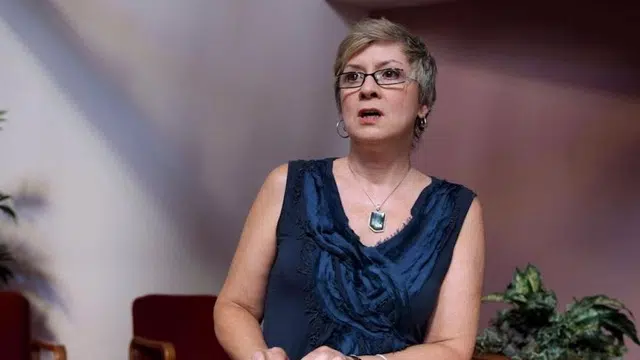
ROTHENBURGER: Does Christianity need more atheist church ministers?
WHAT’S ORGANIZED RELIGION coming to? When a minister in the United Church not only is an atheist, but is supported in her atheism by her church, you know times they are changing on the God front.
Rev. Gretta Vosper is the minister of West Hill United Church in Toronto. She doesn’t believe in God. Or the Bible.
One would have thought believing in God was pretty much a pre-requisite for anybody who works for a Christian church. Not anymore. “It is a new day in the Christian world,” Vosper posted on Facebook after the church released a statement last week saying she could keep her job. Then the church thought it better clarify with a second statement that (unlike Vosper) it still believes in God.
This, after three years of legal action that began with the General Council of the United Church of Canada initiating proceedings to have her fired, and ended with what amounts to an out-of-court settlement.


